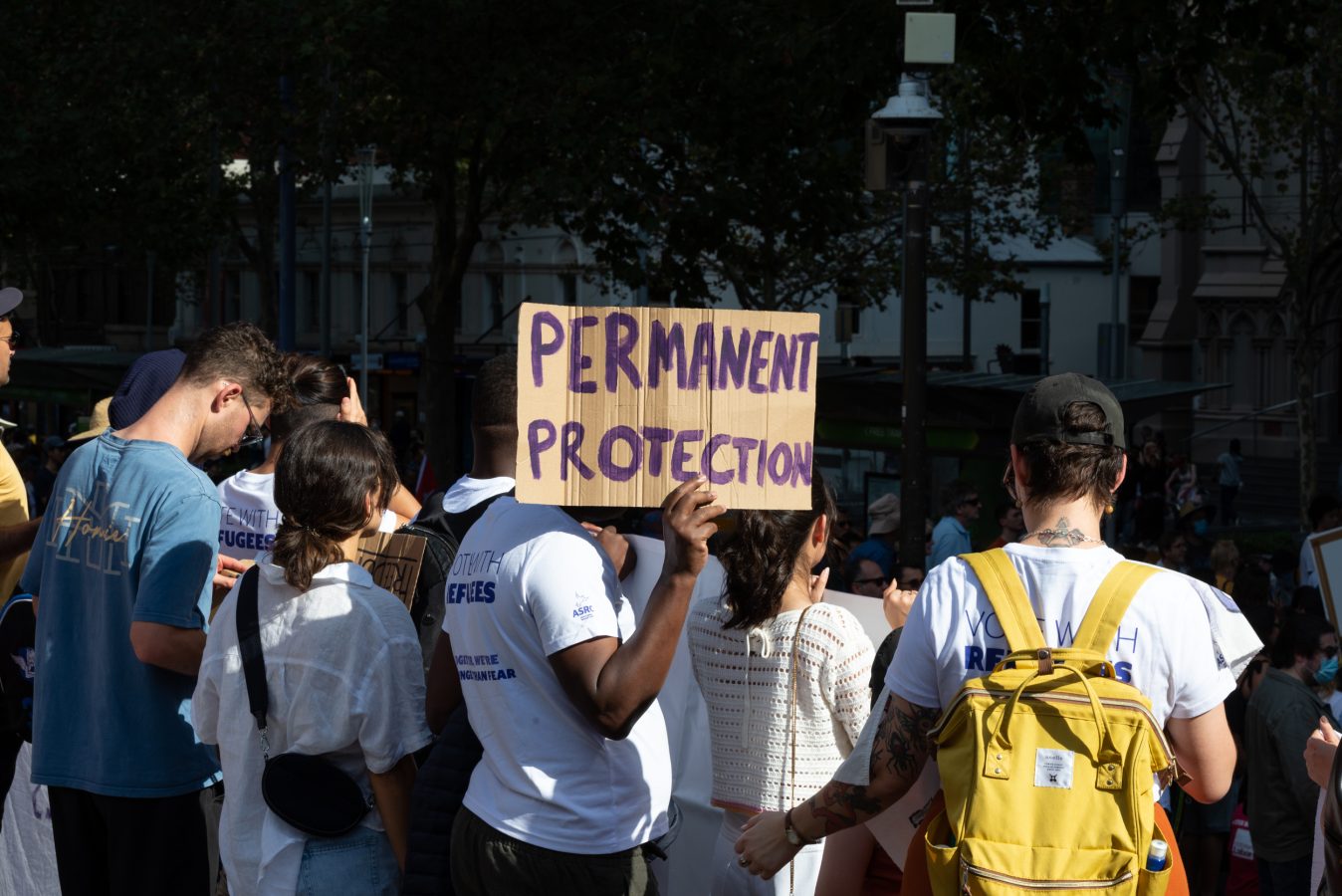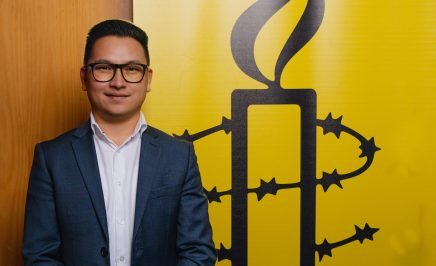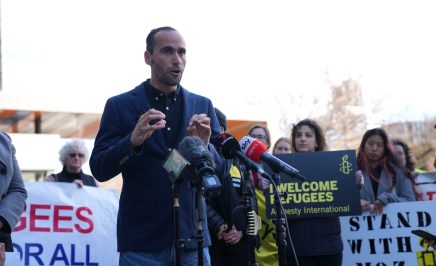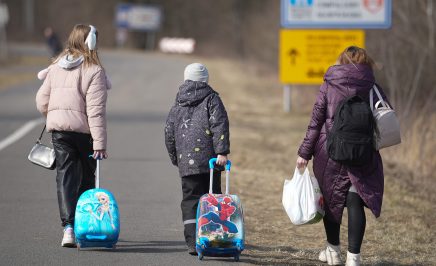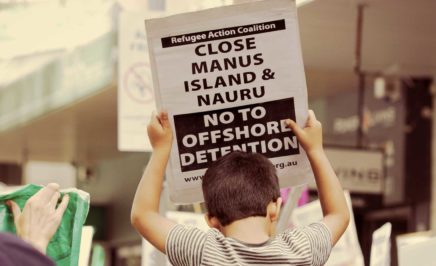Amnesty International Australia Refugee Rights Campaigner Zaki Haidari, discusses his battle as a refugee living in Australia on a temporary protection visa, hoping that the new government will end the injustice.
Australia has given me refuge – but it’s conditional. I’ve been living here for the past decade, temporary visa to temporary visa, never certain of my future. This is the experience of 31,000 other refugees like me living on a brief lease of life.
After battling almost insurmountable obstacles to seek safety in Australia, living in this limbo with a temporary permit is extremely stressful, especially for people who are already living with a lot of trauma.
We fled our home country because we were persecuted there, but our persecution continues today in Australia.
Yet the federal election results have given people like me hope.
Refugees seeking asylum are forced to leave their home country, to find a safe place to survive and build a new life. They hope that they can feel safe and be reunited with their families and loved ones. But Australia’s refugee policies have punished us and tried to break us in many ways, by keeping refugees permanently on temporary visas and separated from their families.
Tragically, this brutal policy pushed people to the breaking point including one of my close friends who took his life last year.
During the election campaign, the Labor party committed to abolishing temporary protection visas (TPV) and safe haven enterprise visas (SHEV) and grant refugees permanent visas.
Upon election victory, the Albanese government has created a sense of hope in the refugee community – hope that we will see an end to this constant emotional suffering and we can reunite with our loved ones.
The ALP has been in government for more than a month now but so far there has been no commitment to scrap these cruel measures as promised. I receive calls daily from friends and other refugees on TPVs and SHEVs, asking when they can apply for permanent visas, but more importantly when they might be able to see their families.
Due to this uncertainty, we have always felt second-class citizens in Australia.
We are deprived of the right to be reunited with our children, partners and loved ones. We don’t have the right to get loans to buy a house, to extend our businesses or to secure permanent employment because of our temporary visa status. We are not eligible to get fee-help to study leaving thousands of bright, young refugees without access to formal education and prospects for the future.
It is encouraging to see strong support in Australia for the abolition of TPVs.
The UNSW Sydney’s Kaldor Centre for international refugee law published a policy paper on Tuesday providing the government with expert advice on how it can shift temporary visas to permanent visas.
The tools and expertise are there, the Australian people have voted for it. We now need the Australian government to end this emotional suffering and give us hope to live peacefully and to rebuild our lives: enough is enough.
Amnesty is a movement of everyday people joining together to challenge injustice and defend human rights. For 60 years, we’ve been shining a light in the darkness to expose abuses, ensure accountability, change laws and improve lives.
By the end of 2025, Amnesty’s vision is to raise refugee and humanitarian intake numbers, increase community resettlement, secure the release of those incarcerated on- and off-shore and build safe pathways for refugees into Australia. Learn more about our refugee rights campaign work.
This article was originally published in The Guardian.
